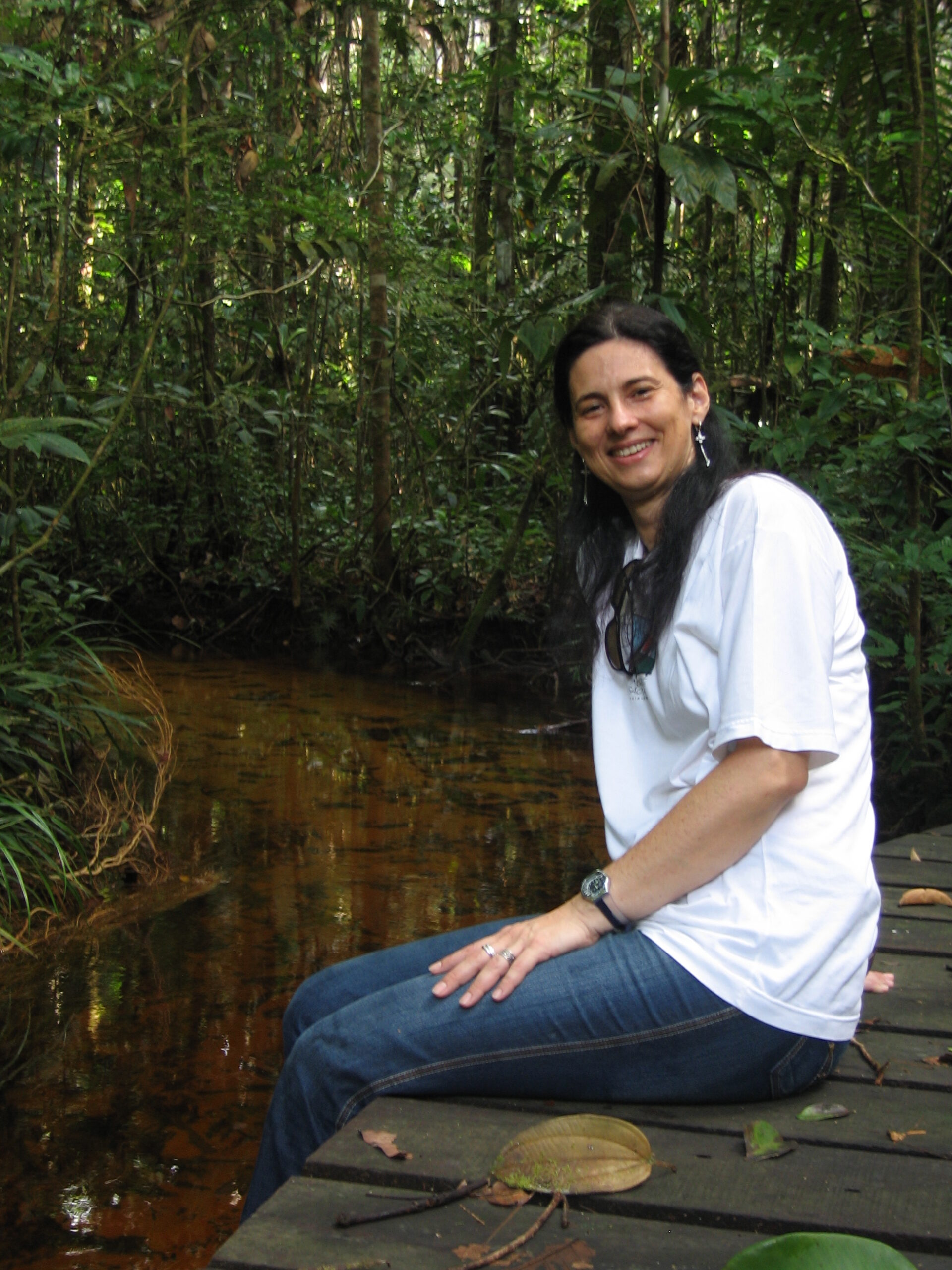This post is also available in: Portuguese (Brazil)
Few scientists experience a career moment like Luciana Gatti did when, in July 2021, she was the lead author of a research article published in Nature that marked a turning point in the public’s understanding of the state of our planet. The article, “Amazonia as a carbon source linked to deforestation and climate change,” proclaimed that the world’s most mythical, treasured rainforest had declined from being a carbon sink into a net carbon source.
The work her team had been conducting for decades made headlines, and the interview requests were flooding in as people wondered if this could really be the case. Gatti worked around the clock to answer and explain as best as she could, not for her own sake but for everyone’s, seizing the opportunity to awaken people to severe effects of climate change, fires and deforestation.
“By deforesting the Amazon, we are accelerating climate change because we are sending more carbon dioxide into the atmosphere, reducing precipitation and increasing temperatures,” she said last year in a GLF Live. “Don’t talk about legal or illegal – it doesn’t matter. Zero deforestation. And no fires during the dry season, when the forests are very dry and can burn much more vegetation.”
Gatti, a senior researcher in climate change and greenhouse gas emissions for the Brazilian National Institute for Space Research (INPE) where she coordinates a lab on greenhouse gases, has been studying the Amazon’s emissions since 2004. She now leads large teams using state-of-the-art technology to monitor and map a landscape almost twice the size of India, but this all stems back to her innate curiosity about the planet.
“I’ve always been a curious person, full of, ‘Why?’” she says. “To be a scientist is to try and understand nature. And understanding what the Amazon represents for us and seeing it being destroyed puts a sense of urgency in propagating as much as possible the understanding that we need to preserve it for the good of all and the health of planet Earth.”




